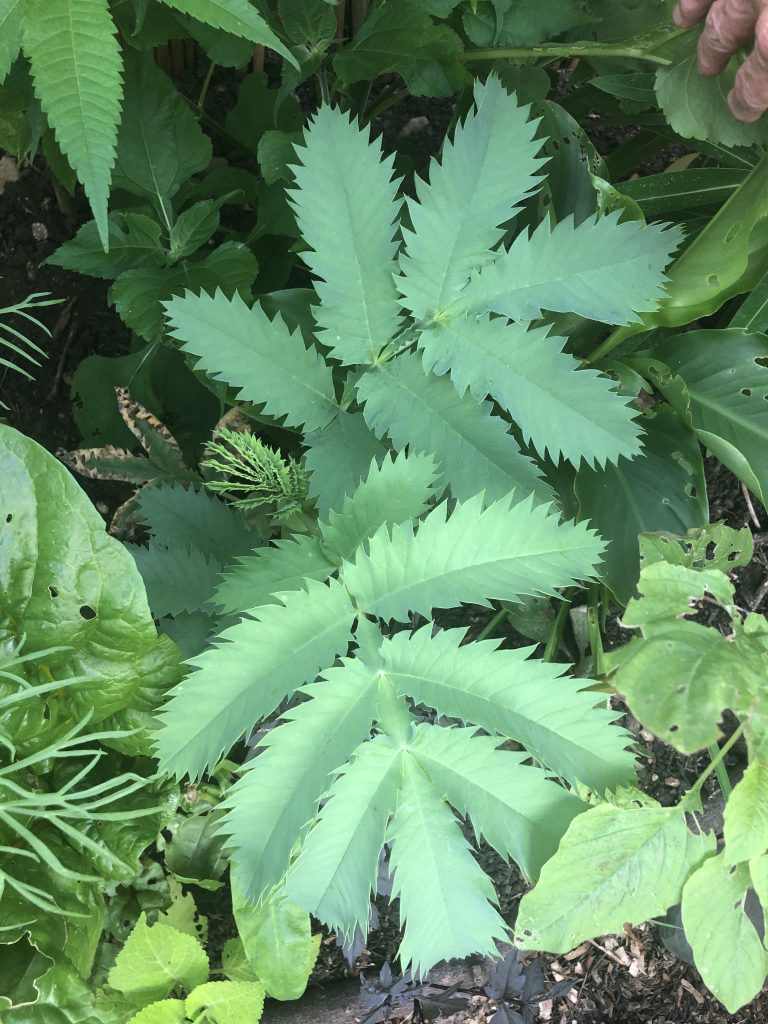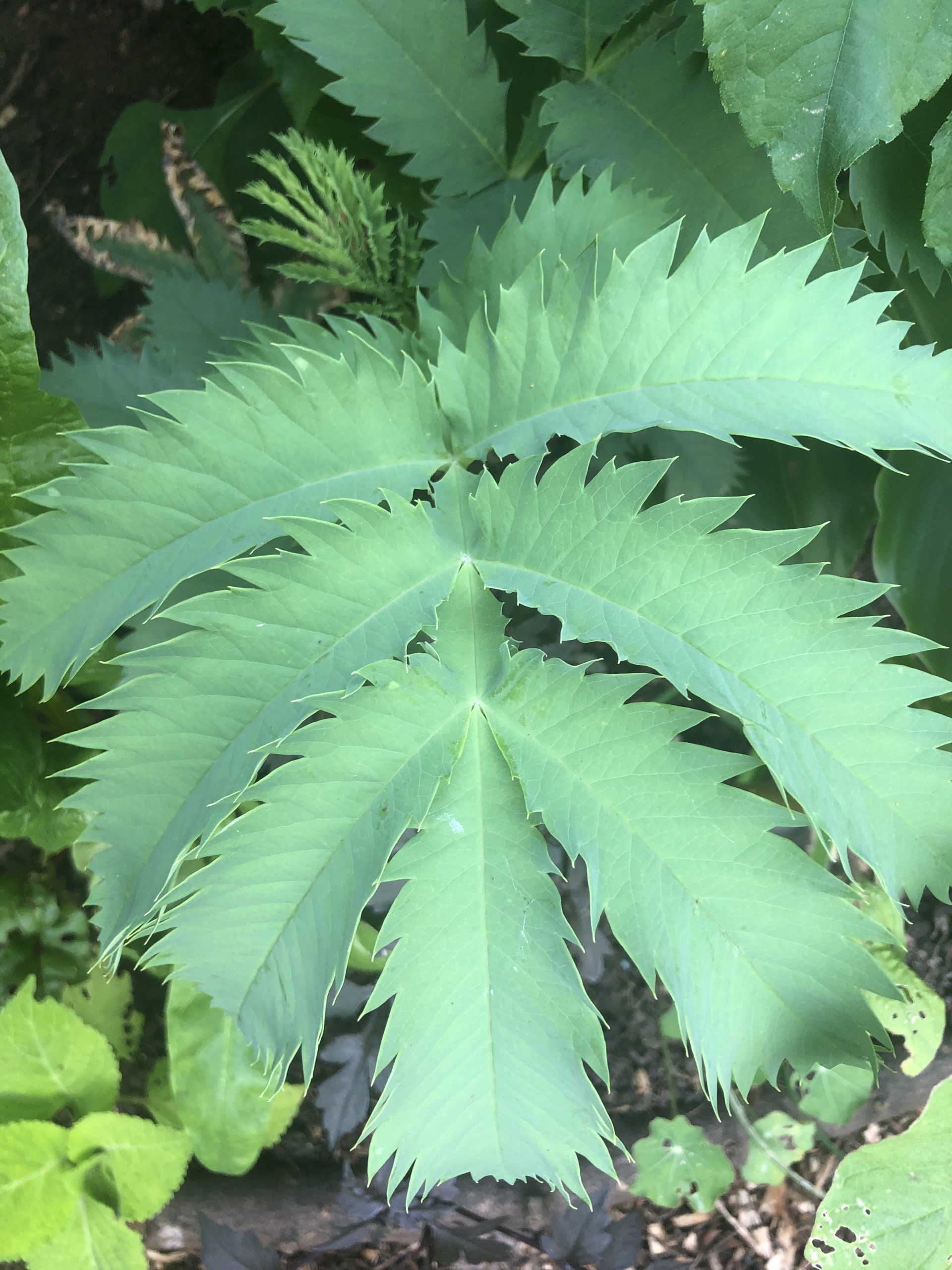Melianthus major, also known as the honey bush, is a beautiful and unique plant that can be somewhat sensitive to winter conditions. Here are several potential reasons why your Melianthus major may not have survived the winter of 2023/2024:

1. Cold Temperatures
Melianthus major is hardy to USDA zones 8-10, meaning it can tolerate temperatures down to about 15-20°F (-9 to -6°C). If the temperatures in your area dropped below this range, the plant could have suffered from cold damage. Prolonged exposure to freezing temperatures can kill the plant or cause severe dieback.
2. Frost Damage
Even if temperatures were within its hardiness range, frost can damage the foliage and stems. Repeated frost events can be particularly harmful, especially if the plant was not adequately protected or acclimatized.
3. Poor Drainage and Wet Soil
Melianthus major prefers well-draining soil and does not tolerate waterlogged conditions. Over the winter, if the soil remained consistently wet due to heavy rain or poor drainage, the roots could have suffered from rot. Root rot weakens the plant, making it more susceptible to cold damage.
4. Inadequate Mulching or Winter Protection
Providing a thick layer of mulch around the base of the plant can help protect the roots from extreme cold and temperature fluctuations. If your plant was not mulched or otherwise protected, the roots may have been exposed to damaging cold.
5. Age and Health of the Plant
Younger plants and those that were already stressed or unhealthy going into winter are less likely to survive harsh conditions. Factors such as poor nutrition, pest damage, or disease during the growing season could have weakened your plant.
6. Sudden Temperature Fluctuations
Rapid shifts between warm and cold temperatures can be particularly stressful for plants. If there were unseasonal warm spells followed by sudden cold snaps, your Melianthus major might not have had enough time to harden off properly.
Preventative Measures for Future Winters
- Mulching: Apply a thick layer of mulch around the base of the plant to insulate the roots and retain moisture.
- Proper Watering: Ensure the plant is well-watered before the ground freezes, but avoid waterlogging. Reduce watering during winter to prevent root rot.
- Winter Protection: Use frost blankets or burlap to cover the plant during extremely cold nights. In regions with unpredictable winter weather, consider growing Melianthus major in a container that can be moved to a protected location.
- Improving Drainage: If your soil tends to retain water, consider amending it with sand or gravel to improve drainage, or plant in a raised bed.
- Monitor Weather Conditions: Stay aware of weather forecasts and be prepared to take action if extreme cold or frost is predicted.
By understanding the specific needs and vulnerabilities of Melianthus major, you can better protect it from harsh winter conditions and ensure it thrives in your garden.


